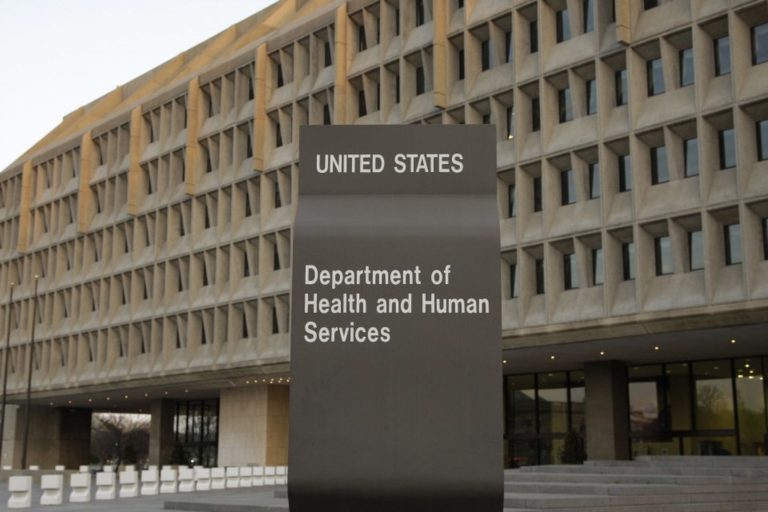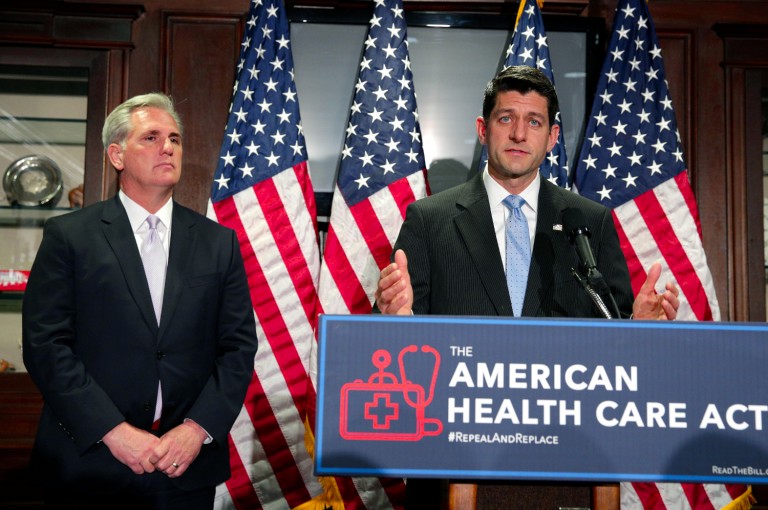January 2010
While federal legislation focuses on payor/provider synergies, there is nothing in the mandated programs beyond pilot projects or experiments according to the legislative texts.
According to ATUL GAWANDE, writing for the New Yorker in December 2009, “Turn to page 621 of the Senate version, section entitled “Transforming the Health Care Delivery System.” Does the bill end medicine’s piecemeal payment system? Does it replace paying for quantity with paying for quality? Does it institute structural changes that curb costs and raise quality? It does not. Instead, what it offers is . . . pilot programs.”
The flaw in the ACO Business Model – Will Rational Consumers Seek ACO Networks?
The Patient Protection and Affordable Care Act fails to consider what will keep patients returning to a network of payor-provider efficiencies in an Accountable Care Organization.
In other words – if a patient doesn’t know they will pay a lower out-of-pocket expense or realize improved health via the ACO, why would they stay in the network? PPACA ignores some Tenets of Classical Economics, including :
Self-interest and self-control. Smithian economics endorses the idea that individuals can manage their own lives with minimal government intervention and a free market that self-regulates and guide its own distribution and exchange through market forces. The most debated policy is the belief that the self-interests produce the best social outcomes – ideas such as the Tragedy of the Commons (depletion of a shared resource by individuals) and game theory Prisoners Dilemma (two individuals might not cooperate, even if it appears that it is in their best interests to do so) suggest that the sum of individual interests is not always the social interest, however, the cost of implementing policy may be more expensive than leaving the unoptimized scenario – as described in the Theory of Second Best (if one optimality condition in an economic model cannot be satisfied, it is possible that the next-best solution involves changing other variables away from the ones that are usually assumed to be optimal).
Liquidity, Velocity Cash Flow in Payor Provider ACO Networks
Healthcare providers are being required to undergo staff re-training, massive disruptive changes to their workflows, and IT infrastructure changes while private health insurance reimbursements take from approximately 60 days to 120 days for claims, particularly those claims that are out of network. It makes it hard to see how they can run their businesses unless they have some other upside, such as more patients in the population participating in the network.
Accelerating Payments and Reducing Out-of-Pocket Payments for Members
New solutions that accelerate payments to partners in a network can also reduce the out-of-pocket payments that members/patients must pay. This helps create efficiencies that the Affordable Care Act does not address and accelerates payments to out-of-network providers in continuous discount agreement networks. (See Out of Network Claims Strategy – Don’t Damage MLR)
Employer Led ACO vs. Payor, and Provider Led ACOs
Large self-insured employers have an advantage in that they have a population of members with a common thread of employment by the same company. Population health management and ACOs will require scale. Our estimates are that unless an ACO has 1 million members, it won’t have the compelling economics to succeed.
Related Posts
- Making Accountable Care a Reality
- ACO Retrospective and Prospective Payment Models
- Health Care Information Exchanges as Enablers of ACOs



